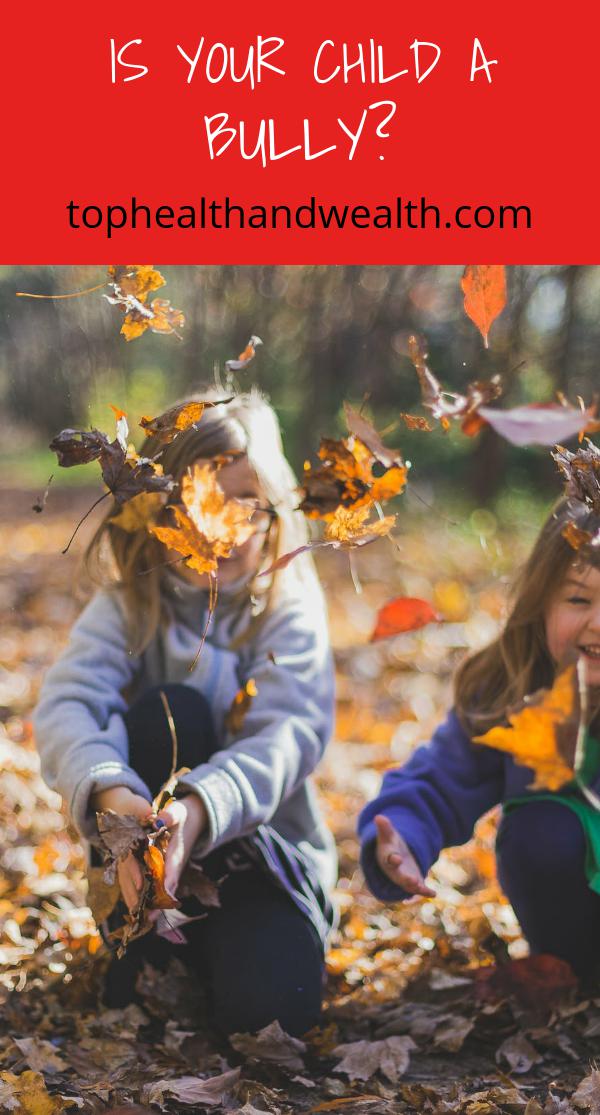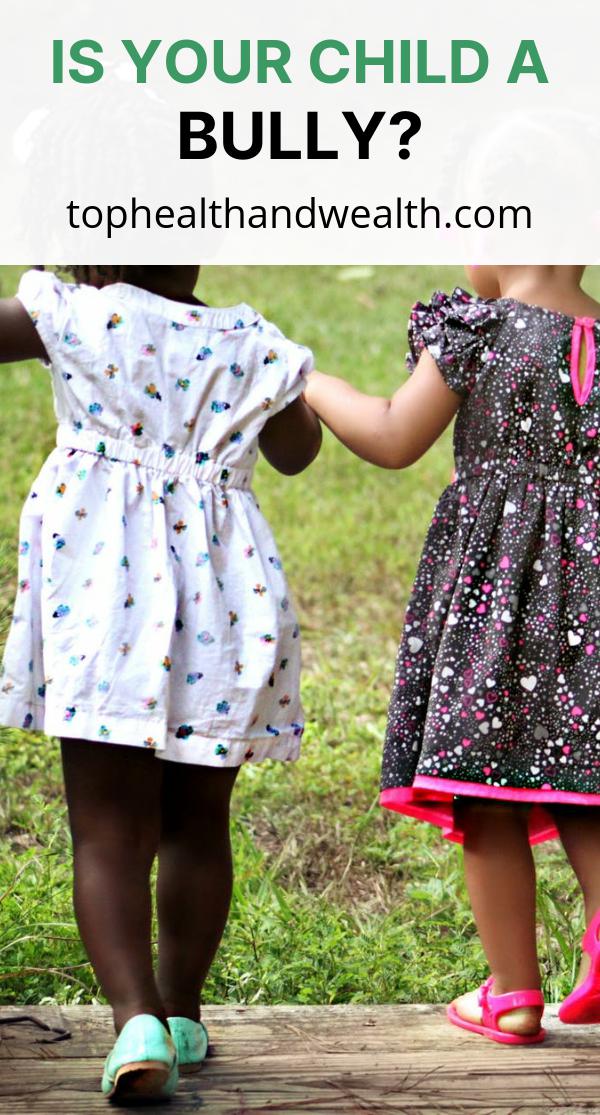If you suspect that your child is a bully, you should take steps to ensure that they do not harm others or start a habit of ridiculing people that will stick with them for the rest of their lives. Bullying can have serious consequences for children, including the bully. Children who bully are much more likely to get involved with drugs and crime later in life as well as have poor interpersonal skills. This is why it is important to stop them if they are bullies, not to mention all the damage they can do to other children.
If you think your child is a bully, there are some questions you can ask to determine if they really are, and behaviors you should look out for. If you know that your child has repeatedly hit, pushed, or otherwise hurt another child, this is a sign that they may be a bully. Not all children will exhibit this behavior in front of an adult or even admit to it, but habitually hurting others is a big bullying warning sign. If your child has ever ganged up with another child to hurt someone or asked their friends to hurt another person they may also be a bully.

If you have seen your child spread rumors about another child either when talking to a friend or through a note, email, or messenger, then they may be a bully. Emotionally hurting other children is another common way that children bully one and others and is just as serious. If your child is a bully, they will use these methods to humiliate other children. Bullies will also exclude others from play and other activities to bully them so if you think your child is a bully watch for this behavior.

Good-natured teasing does occur between children and chances are you will hear your child teasing their friends at one point or another. Teasing another child if it is unwanted or hurtful, indicates bullying. If you think your child is a bully, this teasing will not be good-natured and between friends. It will be frequent and directed at children that they are not friends with. If you see your child doing this behavior make sure you let them know that it is not acceptable and that it is not funny and will not help them to make healthy friends. Many times a bully does not understand the consequences of their actions and needs help understanding what can happen.
If you notice that close friends of your child partake in this type of behavior, it does not always mean your child is a bully, but they may act along with their friends. It is common for a child to bully others because their friends do it, and even though they are not the one who initiates the bullying, they can suffer just the same. If you notice this type of behavior in either your child or their friends, make sure they know that bullying is not acceptable.
